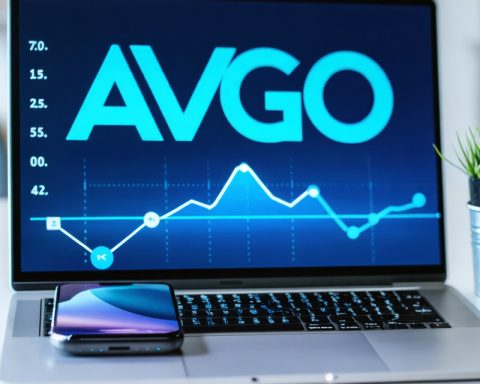Introduction
In today’s fast-paced world, unproductive meetings constitute a growing issue impacting businesses globally. As remote work becomes the norm, the quest for efficiency in meetings is more vital than ever. Recent statistics reveal that traditional meetings may soon face disruption from innovative technological solutions.
Statistics Highlighting the Issue
According to a report by Doodle, inefficient meetings cost companies worldwide approximately $399 billion annually. A survey conducted by the Harvard Business Review found that over 70% of professionals feel their meetings are unproductive and a >distraction< from their actual work. The rise of remote and hybrid work models intensifies the need to address this unproductivity.
Emergent Solutions
Recent advancements offer promising alternatives. Artificial Intelligence (AI) is beginning to play a critical role, by automating scheduling and aiding in real-time data analysis during meetings. Tools like Otter.ai provide real-time transcriptions while platforms equipped with machine learning can suggest actionable insights post-meetings. Microsoft Teams and Zoom are integrating AI-powered meeting optimization features, forecasting a new era where every minute spent in meetings becomes a valuable investment.
Looking Ahead
The future of meetings lies in smarter, more strategic uses of technology. As virtual reality (VR) and augmented reality (AR) start to enter the corporate arena, businesses can anticipate immersive meeting experiences that focus on enhancing collaboration and decision-making efficiency. By harnessing these innovations, the era of unproductive meetings may soon become a relic of the past, signaling a transformative shift in how businesses operate.
Revolutionizing Meetings: How Technology is Reshaping the Future of Workplace Collaboration
The inefficiency of traditional meetings is an ongoing challenge for businesses worldwide, with high costs and reduced productivity weighing heavily on companies’ bottom lines. As the nature of work evolves, there’s a surge in demand for streamlined meeting solutions. Technological advancements offer a beacon of hope, paving the way for more effective and engaging meeting experiences.
Why Traditional Meetings Are Under Scrutiny
The transition to remote and hybrid work models has intensified the scrutiny on meeting productivity. Doodle’s report highlights a staggering $399 billion annual loss due to inefficient meetings, and a significant number of professionals (over 70%) perceive these gatherings as distractions from their core tasks. With such figures, the call for innovative disruption in meeting formats resonates louder than ever.
The Role of Artificial Intelligence in Meeting Efficiency
Artificial Intelligence (AI) is emerging as a crucial player in revolutionizing how meetings are conducted. Automating scheduling, which often consumes unnecessary time and energy, is one of the initial steps towards efficiency. AI tools not only handle these logistical tasks but also offer real-time data analysis during meetings. Platforms like Otter.ai facilitate real-time transcriptions, while enhanced features in Microsoft Teams and Zoom now incorporate AI-driven insights and outcomes, ensuring that meetings yield actionable results.
Exploring the Potential of Virtual and Augmented Reality
Looking towards the future, Virtual Reality (VR) and Augmented Reality (AR) promise to redefine meeting dynamics. With these technologies, businesses can expect immersive experiences that enhance collaboration and decision-making processes. Such tools ensure that every participant is engaged and that communication barriers inherent in remote settings are minimized.
Trends and Innovations in Meeting Technologies
The trend of integrating technology into meetings is not merely about automation but about creating a more interactive and productive environment. Emerging solutions focus on:
– Reducing meeting fatigue: Enhanced digital collaboration tools can lessen the cognitive load associated with long meeting hours.
– Facilitating inclusivity: Technologies that support multiple languages and accessibility features can make meetings more inclusive, engaging a global workforce.
– Sustainability: Virtual meeting technologies contribute to reducing carbon footprints by minimizing the need for travel, aligning with more eco-conscious business practices.
Predictions for the Next Decade
As businesses delve deeper into innovative approaches, we anticipate that traditional meetings will become a historical footnote. AI, VR, and AR not only optimize productivity but also support a more sustainable and participatory work culture. Companies adopting these technologies will likely lead the way in redefining how global teams collaborate and make decisions effectively.
In conclusion, embracing these cutting-edge technological tools is no longer optional but essential for businesses striving to maintain a competitive edge in the modern marketplace. For further details on the evolution of collaborative work solutions, visit Doodle and Zoom.







